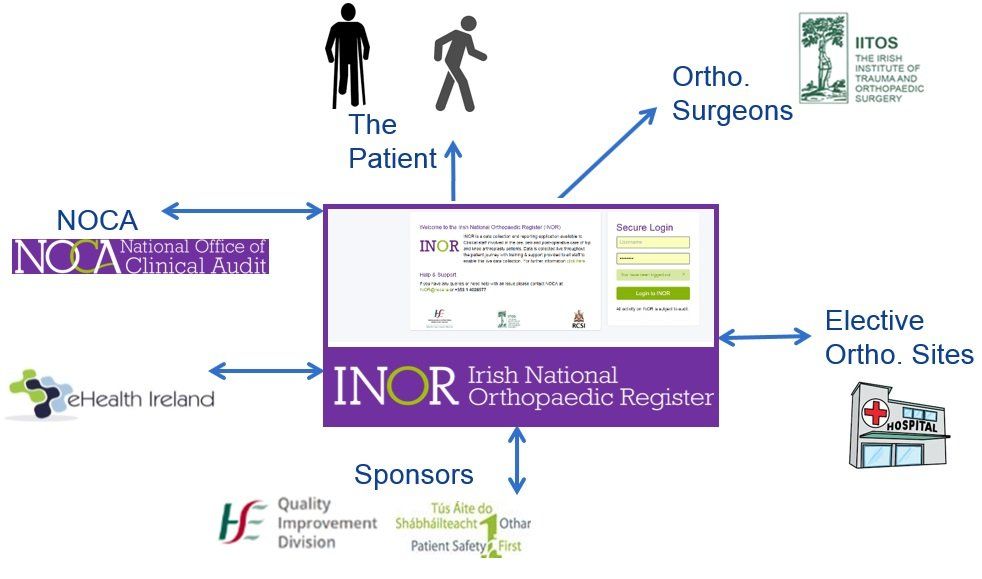Pre-Assessment Clinic
Your pre-assessment appointment is an opportunity to assess your fitness for surgery and optimise your health prior to surgery.
Preparing for your pre-assesment appointment is essential. It allows the team to make the best pre-operative plan for you to help you navigate the surgical journey safely and have the best recoivery and rehabilitation.
What to bring to your pre-assessment appointment
Know your medical history
Be familiar with your medical conditions. You may be asked to fill out a health questionnaire prior to your visit. It may be helpful to ask your GP for a summary of your medical conditions if you have a number of issues
List of medications
It is very important to bring an up to date list of medications with you to your appointment.
Some medications such as blood thinners will need to be stopped prior to surgery. Your pre-assessment team will advise you what you need to do.
Your plan for going home
Following surgery you are going to require some additional help. You need to have a plan for who will be able to provide that help on discharge. Consider things like shopping for food, lighting the fire and preparing meals.
Your list of questions
Write down a list of questions that you or your family have. It is easy to forget important questions during your consultantion.
What tests to expect at your pre-assessment visit
Blood Tests
Blood tests will be preformed such as a full blood count, kidney function tests, liver function tests and coagulation tests. Other blood tests will be preformed based on your medical history.
Heart Tests
All patients will have a heart tracing preformed called an ECG. Depending on your medical history it may be necessary to do additional tests such as an echo (an ultrasound of the heart) or other additional tests.
Lung Tests
Certain patients will require a chest xray or pulmonary function tests. The tests required will be based on your medical history and your smoking history
Swabs
All patients are screed for bacteria that live on skin such as MRSA and VRE. If you are positive for MRSA you will be asked to under go treatment to erridicate this bacteria. Covid swabs are preformed within 72 hours of your surgery.
Irish National Orthopaedic Register
The Irish National Orthopaedic Register (INOR) is a register of joint replacement surgeries carried out in Ireland. The register uses patient information such as preoperative questionnaires, health information, implant information and complication rates to identify implants or hospitals that are not preforming to the best standards expected. You will be asked to consent to your data being used in this register and used for clinical research.

Functional Score
The Oxford Hip score is a measurment of how your hip is functioning. By measuing this both before and after surgery we can gain an understanding into how patients benefit from hip repacement surgery and identify patients that are having difficulty.
Consent form
You will be asked to fill in the consent form to allow your data to be used in the register. None of your personal data will ever be published and the register is fully compliant with all elements of GDPR legislation.
Quality of Life Score
The EQ5DL score is a measurment of how your hip is affecting your quality of life. By measuing this both before and after surgery we can gain an understanding into how patients benefit from hip repacement surgery and identify patients that are having difficulty.
Questionnaires
You will be asked to complete the two questionnaies preoperatively, and postoperatively at 6 months, 2 years, 5 years and every 5 years thereafter.
This enables us to identify any problems with implants or units carrying out the surgery.







